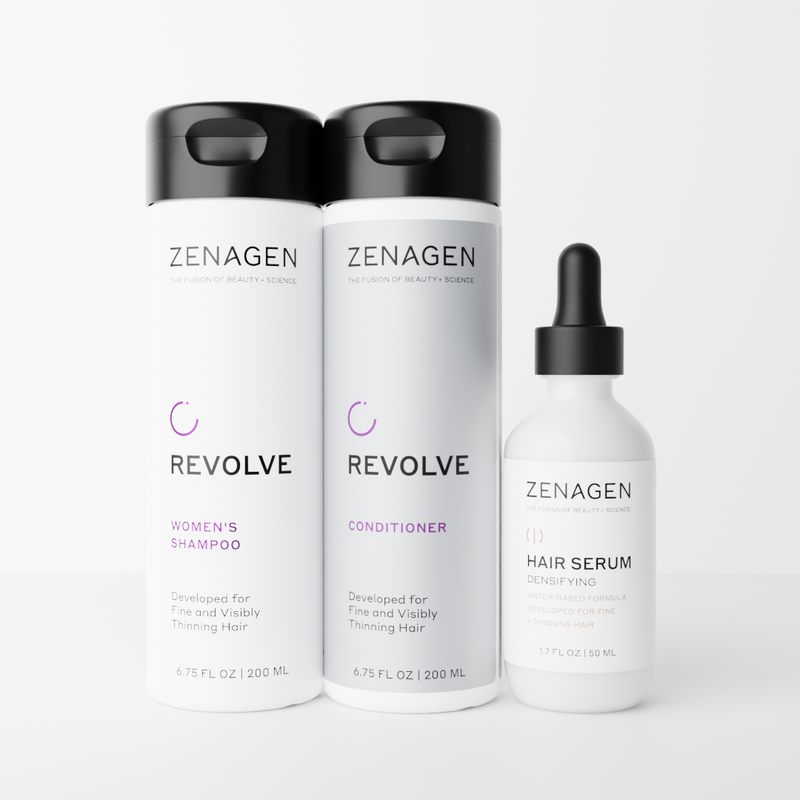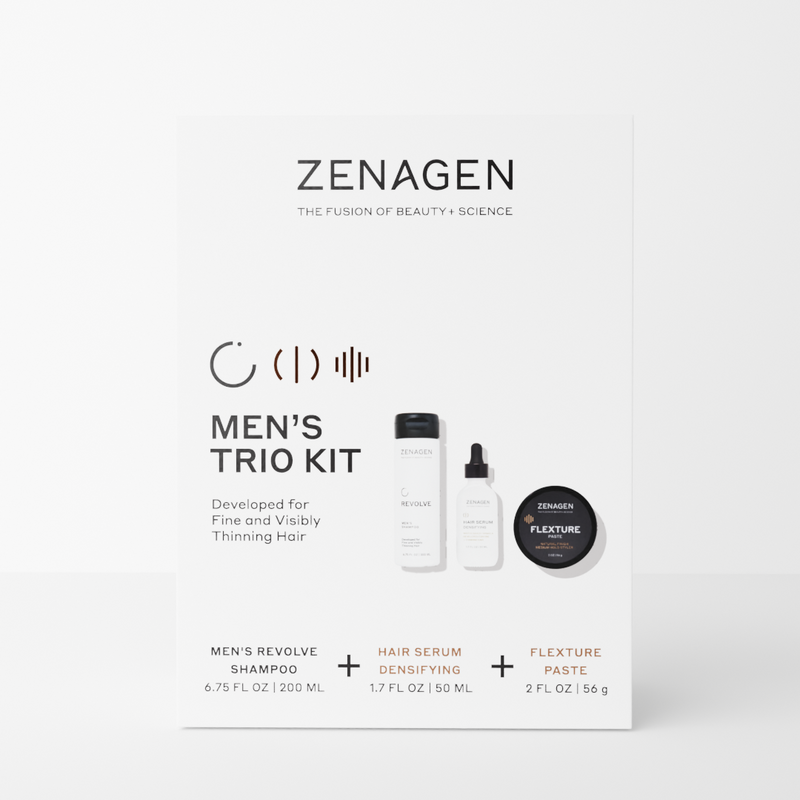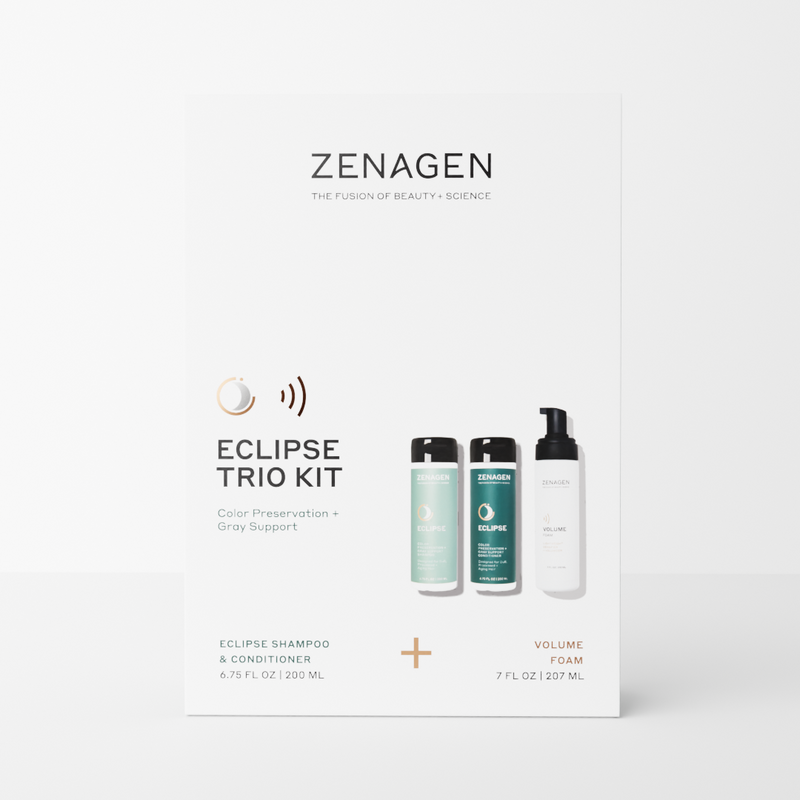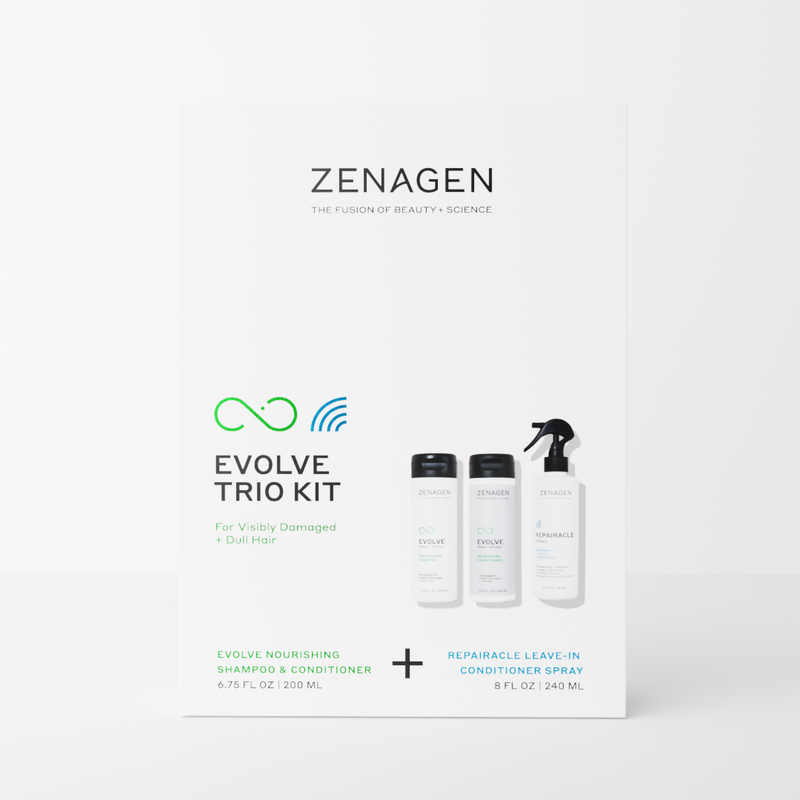A sulfate is a chemical used as a cleaning agent in most soaps, shampoos, and even household cleaning products. Don’t let the word chemical scare you, because not all sulfates are bad. There is a negative stigma around the word sulfate for lots of reasons. The “sulfate-free” marketing trends of the last few years have convinced most people that all sulfates will dry and damage your hair, and are overall bad for your health. It is even believed that sulfates cause cancer. However, there has been scientific research that has debunked that claim. In this blog post we are going to decipher the difference between a ‘good’ sulfate and a ‘bad’ sulfate.
What Are Sulfates?
Sulfates are what make your shampoos and soaps lather, or ‘suds up’. Sulfate-free shampoos usually won’t lather, so if your shampoo lathers easily in the shower, then there is a good chance it contains sulfates.
Sulfates attract both oil and water, which is why they are such good cleaning agents. This allows dirt to be washed away easily, leaving you with a clean and fresh feeling. The issue that people often see is that sometimes sulfates can be too effective, stripping away natural oils that your hair needs. This can leave your hair feeling dry and brittle. This is why it is important to use shampoos as they are directed. Zenagen formulas contain other natural hydrating ingredients, such as aloe, to compliment the sulfates and keep the hair hydrated.
What Are ‘Good’ Sulfates?
There are a few different types of sulfates, but the three sulfate compounds that are most used in the beauty industry are sodium laureth sulfates, sodium lauryl sulfates and ALS or ammonium laureth sulfates. The basic breakdown is that “laureth” sulfates are milder than lauryl, and “ammonium” sulfates are milder than sodium sulfates.
Here at Zenagen, we use ammonium laureth sulfates (which is the best combination of the three). Sodium (aka salt) is very dehydrating, as you may know. The sodium from sodium sulfates tends to sit in the hair follicle and soak up moisture. This causes dehydration in the hair, especially after heavy use of the product. Ammonium sulfates, like the one we use in our formulas, do not dry out the follicle like sodium sulfates.
Another bonus is that ammonium sulfate molecules are much bigger than sodium sulfates and don’t enter the hair follicle as easily. The ammonium sulfate molecules wash away much easier, demonstrated below.
Should I Stop Using Sulfates?
The key takeaway from this blog is that not all sulfates are bad. It is important to read labels when shopping for products. When reading ingredient labels, look for sulfates with the words “ammonium” or “laureth” rather than “sodium” or “lauryl”.
It is also very important to use products as directed. It is possible to use a sulfate product too often. We recommend you use our products 3-4 times a week. This not only allows ingredients to enter into the deepest part of the hair follicle, but also leaves time in between washes for your natural hair oils to settle before stripping them with harsh sulfates every single day.
Also note that if you are in the process of your hair growth journey, sulfate free isn't always the best for hair growth. You need to regularly (not too often) cleanse the oils in your hair so that they don’t act as lubricant and allow hair to slip out of follicle.
In conclusion, if you are currently using shampoos with sulfates and are happy with your hair, then there is no reason to switch it up. If you are looking for hair products that properly cleanse your hair while offering other great benefits, check out this blog post to figure out which Zenagen shampoo works best for you.



